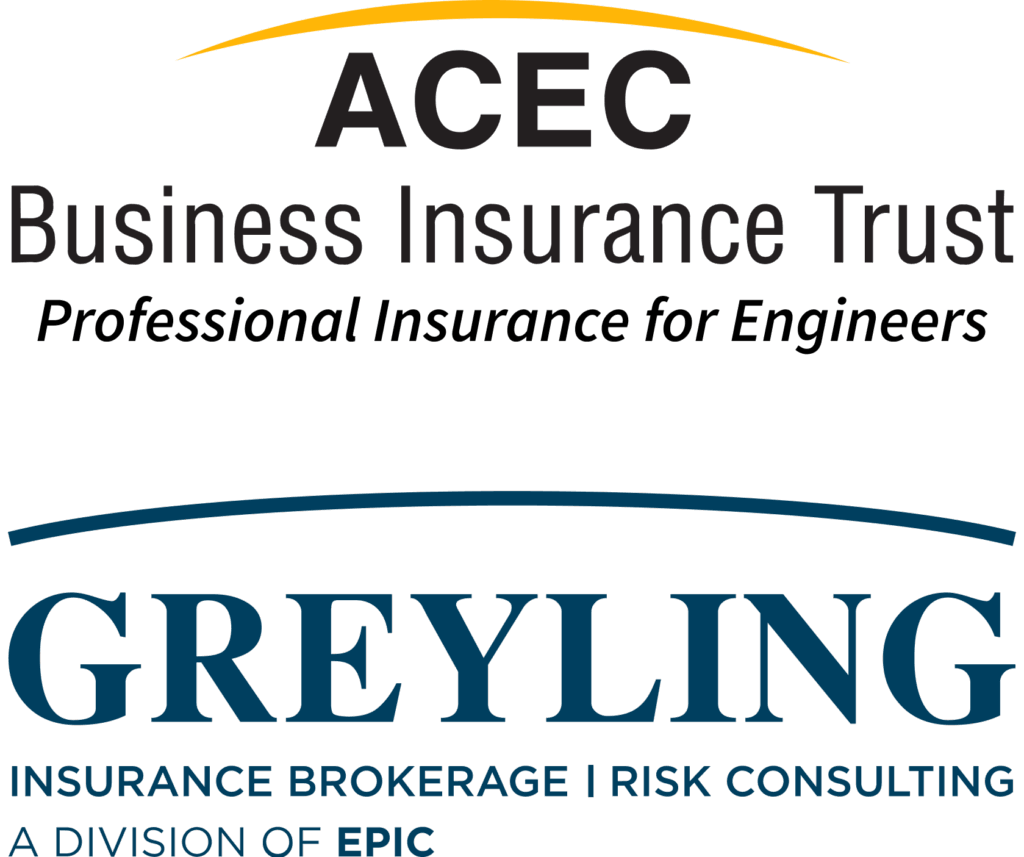Safeguarding Your Business During Holiday Celebrations
Sponsored Content From ACEC BIT | Greyling


It’s the night of the company holiday party. A couple enjoys their evening with colleagues and friends. After some time, they say their goodbyes and leave in the company car—intoxicated and not wearing seatbelts. Within moments of their trip home, they’re involved in a car accident. Both are pronounced dead at the scene.
Not everything can be merry and bright during company holiday events. Amid party planning, it can be easy to forget about the level of risk and potential liabilities you’re creating for the business, employees, and their families.
With 64.4 percent of companies holding in-person holiday parties, it’s clear that now more than ever companies need to address these potential liabilities or risk litigation. As a place to start, ask yourself:
- What type of party are we having?
- Where are we having the party? Does it change our typical exposure?
- Who’s invited? Spouses? Family?
- Will the time of day we have the party encourage unruly behavior?
With these questions top of mind, you can better understand your exposure level before you host. And to help keep your holiday party going like it’s 1999, we’ll break down two ways to approach your liability.
Unwrapping Holiday Party Liability
Guests, food, secret Santa gifts, holiday music, transportation—there’s a lot to consider for the company festivities. Here’s how you need to think about holiday party liabilities:
Insurance Factors
Whether you’re renting a space, hosting a holiday get-together in your office, or hiring a company to host and serve libations, two main coverages should be considered for holiday events: Host Liquor Liability (HLL) coverage and Event Insurance.
Because no one office Christmas party is the same, here’s how these coverages may be applied in different scenarios:
1. Host Liquor Liability
Christmas cheer versus Christmas cheers! Holiday drinking is a main concern for event spaces, and HLL coverage is generally always asked for upfront. If you are renting a space that’s providing liquor or hosting a party with a liquor vendor that serves alcohol, do the following:
- Require HLL coverage in the vendor’s contract with your company included as an additional insured (AI)
- Confirm HLL coverage by requesting a Certificate of Insurance (COI)
Revisit your General Liability (GL) policy to verify HLL coverage if you are hosting the Christmas party and plan to provide the alcohol to serve to attendees. The 04/13 edition of the Standard ISO GL policy has a carve-back in the Liquor Liability exclusion, which is where coverage can be found (see sidebar below).
2. Event Insurance
For company parties, it’s not uncommon to visit a local park or outdoor space. Unfortunately, municipalities may not consider HLL coverage sufficient. Event Insurance can take the “bah humbug” out of your holiday party by incorporating HLL into a General Liability policy.
Typically found online, Event Insurance typically covers one event and is budget friendly. A word of advice? To ensure active coverage, don’t wait until the last minute to purchase. Just like your last-minute holiday shopping, it never ends well.
For the elves making your holiday party merry and bright, you can require them to carry Event Insurance if they are too small to have their own Business Owners policy with General Liability coverage.
Risk Management Practices
As we approach the most wonderful time of the year (for your employees), there are some practical measures you can take as a business to keep risk managed and folks happy. In the midst of the company gift exchange, you can implement a few practices company-wide to ensure a safe, risk-free event.
- Arrange transportation for the entire party, or a designated driver to take team members safely to and from the event space.
- Create rules for attendees to practice, like the number of drinks allowed per person (drink tickets are a fun way to engage people).
- Have a plan for emergencies that highlights where folks can evacuate or go in the event of a medical emergency.
It is also important to consider next year’s holiday party. Having resources available to employees to provide feedback about the holiday party can better inform strategies and planning for future events. With these practices in mind and coverages addressed, your company is left to enjoy the holiday season.
COMMERCIAL GENERAL LIABILITY COVERAGE FORM
SECTION I – COVERAGES
COVERAGE A – BODILY INJURY AND PROPERTY
DAMAGE LIABILITY
2. Exclusions
c. Liquor Liability
“Bodily injury” or “property damage” for which any insured may be held liable by reason of:
(1) Causing or contributing to the intoxication of any person;
(2) The furnishing of alcoholic beverages to a person under the legal drinking age or under the influence of alcohol; or
(3) Any statute, ordinance or regulation relating to the sale, gift, distribution or use of alcoholic beverages.
This exclusion applies even if the claims against any insured allege negligence or other wrongdoing in:
(a) The supervision, hiring, employment, training or monitoring of others by that insured; or
(b) Providing or failing to provide transportation with respect to any person that may be under the influence of alcohol; if the “occurrence” which caused the “bodily injury” or “property damage”, involved that which is described in Paragraph (1), (2) or (3) above.
However, this exclusion applies only if you are in the business of manufacturing, distributing, selling, serving or furnishing alcoholic beverages. For the purposes of this exclusion, permitting a person to bring alcoholic beverages on your premises, for consumption on your premises, whether or not a fee is charged or a license is required for such activity, is not by itself considered the business of selling, serving, or furnishing alcoholic beverages.
ready to learn more?
Please contact Roger Guilian at Greyling, the broker and program administrator for the ACEC BIT, if you would like to discuss choosing the right insurer for your firm. Email Roger at roger.guilian@greyling.com.



